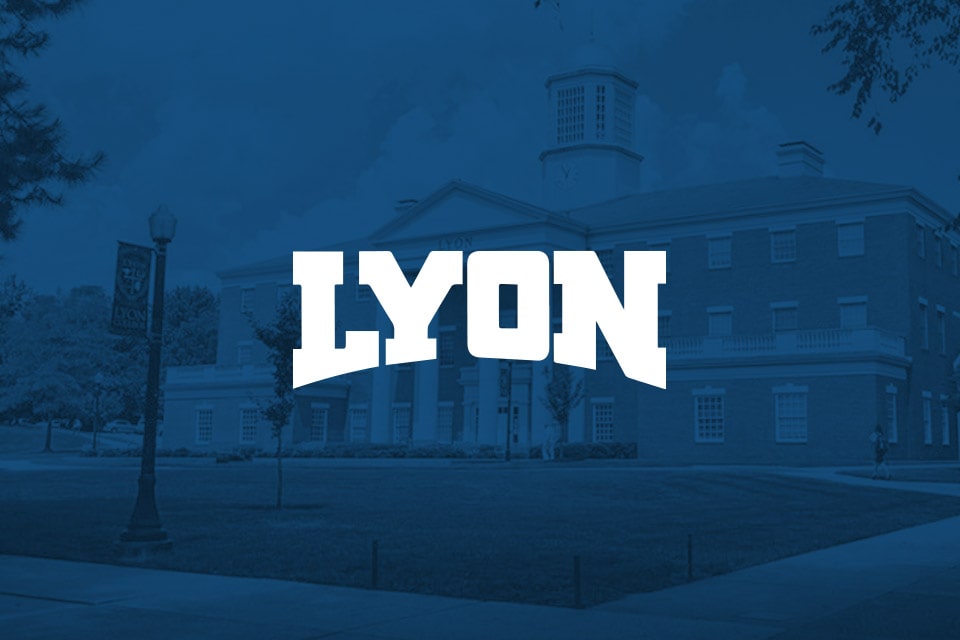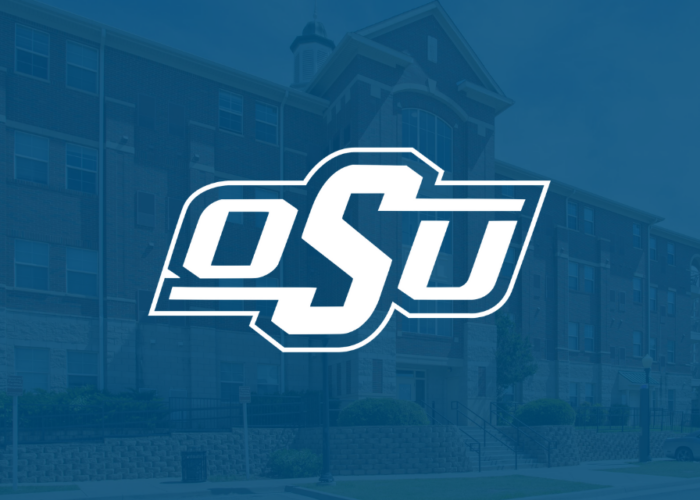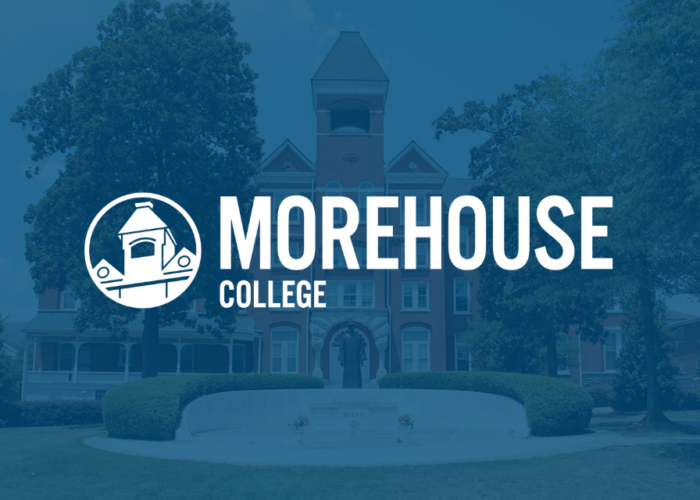“A failure to innovate and embrace change is a threat to everyone’s future within an institution.”
-Dr. W. Joseph King, President, Lyon College
For Lyon College, technology is the key to unlocking access to a wealth of opportunities across a vibrant campus community. For more than 100 years, this small Batesville, Arkansas-based private college in the Ozark foothills has provided outstanding education to students from across the nation.
Technology is omnipresent at Lyon. The institution relies on its network to empower educators and students with research and academic resources required for success. As a huge part of student life, Wi-Fi supports student social networking, collaboration, and mobility.
With so many critical operations depending on its network, ensuring high-performance, dependable connectivity anywhere, on any device, is crucial. But until recently, the school was struggling to keep pace with an explosion of new devices and increasing expectations. Staff and students were complaining about poor coverage, slow speeds, and repeated log-in requests as they roamed around campus.
“It became clear that our strategic goal to extend digital transformation across the College could not be achieved without an improved campus network,” says Dr. W. Joseph (Joey) King, President. “The legacy wireless network was two to three generations behind, was not configured for optimal service, frequently crashed and simply could no longer deliver the performance and density we required. Nor was it feasible to scale it for future demands.”
Because longstanding issues on the legacy system were difficult to troubleshoot and remedy, Lyon was going about a haphazard way of replacing its aging infrastructure.
“We turned to a more strategic approach to transform our way of doing business through technology and Apogee’s Managed Campus services. Upgrading wireless was just one part of realizing that vision,” says Andrew English, Director of Institutional Research.
“Now students can access college resources no matter where they are with a Wi-Fi connection that is always up, always on and easy to access,” says King.
The transformative solution lets Lyon offer greater blended learning opportunities so students can connect to live lectures remotely and view recorded lecture material online, ensuring they have the tools needed to succeed. It also supports increased collaboration between peers and teachers for better student outcomes and higher student satisfaction ratings. Lyon is achieving its goal of ensuring students feel connected and supported whether they are sitting in a classroom or studying remotely or elsewhere on campus.
Pervasive Wireless Erases Boundaries
The cornerstone of Lyon’s digital strategy is Apogee’s Managed Campus, a suite of managed services that address higher education administrative network challenges while providing IT service and support and network financial predictability. It delivers high-speed connectivity and a vastly improved and consistent user experience for students, faculty, and staff.
Now students have a higher quality experience participating in remote learning and watching recordings of classes, and they can access richer digital content offered by instructors across the entire campus, whether they are indoors or outdoors. Students are also collaborating with peers and professors via social networking and collaboration tools using smart phones, tablets, laptops, and other devices.
The Managed Campus solution delivers centralized management and troubleshooting. Its built-in Network Access Control (NAC) lets network managers prioritize traffic to help ensure everyone gets the best experience. And its next-generation security firewall with VPN enables Lyon to be better prepared to detect attacks and threats by analyzing its network in real time and responding effectively, which was not as possible in the past.
And since Apogee delivers desktop and classroom support, server maintenance, IT workflow management, and many other services in addition to networking, Lyon has been freed up to focus on many strategic projects. Some of the most recent include rebuilding data integration and workflow lifecycles from Admissions to Development, eliminating and rebuilding the core Student Information System server infrastructure, and reimagining and deploying new backup solutions and DR/HA site(s).
“I would conservatively estimate we’ve freed up 15-20% of our departmental time in some way or another,” says English.
Real Benefits Today, and a Path Toward Transformation
With its Managed Campus solution, Lyon College has successfully achieved its first step in providing a more connected, collaborative campus environment.
“Network issues were always in the top three of student complaints, frequently taking the No. 1 spot. I don’t think a day went by when I did not receive an email from academics or students about the Wi-Fi, and I have not received one since we went live,” says King. “The experience that the students are having is fantastic, and we’re hearing that from the entire student body. Complaints about Wi-Fi have evaporated!”
“And while previously we didn’t have limits on the number of devices by rule, students were effectively limited de jure,” says King.
The new network allows students to connect all the devices they are now bringing from home, which has been increasing. They can use their devices to their full potential instead of making decisions about which devices to use for what and when. “We’ve got great speeds and plenty of capacity on the Wi-Fi network.”
The benefits of ubiquitous wireless connectivity are impressive, but they are just the first chapter in a much larger story.
“It’s not just about pervasive wireless access, but what we can do with all that data,” notes King. “Managed Campus not only provides wireless access, but also intelligence. It gives us insights that help improve student outcomes and utilization of campus facilities and spaces.”
Its user-friendly web-based analytics platform, powered by Apogee partner Degree Analytics, derives insights from Wi-Fi and existing IT data and performs machine learning processes to deliver insights that can drive student outcomes. The Location Analytics module uses anonymized Wi-Fi data and machine learning to provide analytics on facility utilization to help get the most of spaces, improve campus operations, and drive social distancing efforts in the Covid-19 era.
“What analytics and insight allow you to do is go from being reactive to being proactive,” said King.
Lyon can enhance capacity planning, optimize facility usage, and encourage student success through nudges and counselor interventions. This level of knowledge goes a long way toward ensuring the best possible experience on campus.
“In connecting the elements of technology together, if you have a cohesive partner roadmap, instead of fragmented solutions from different vendors and suppliers, it’s so much easier to add new solutions,” says English.
For Lyon, one of the new solutions is its eSports program launched in fall 2019, when Austin Lonsert, Battle of the Dorms national champion, was named head coach.
“Apogee was one of our first calls when we started this program because we knew that if these players and competitions didn’t have a solid and lightning fast Internet connection, the program would not succeed. Apogee worked with us to establish a dedicated network switch straight to the demark and subnet specifically and solely for our eSports arena,” says English. “We’ve had great success in our inaugural season, including the selection of Lyon’s Call of Duty team from every varsity program in the country to be one of the top eight teams in the league.”
“I hate to think of networks as utilities, but Managed Campus has empowered the Lyon community to more effectively carry out our mission of fostering critical, creative thought and fulfilling personal and professional lives. It does this by foundationally providing the digital resources we are increasingly using to become a 21st century liberal arts college of the first order,” says King.
With Apogee providing comprehensive Managed Campus services, Lyon College is confident that it has a scalable foundation to take the campus community as far as its planners’ imaginations can go.




